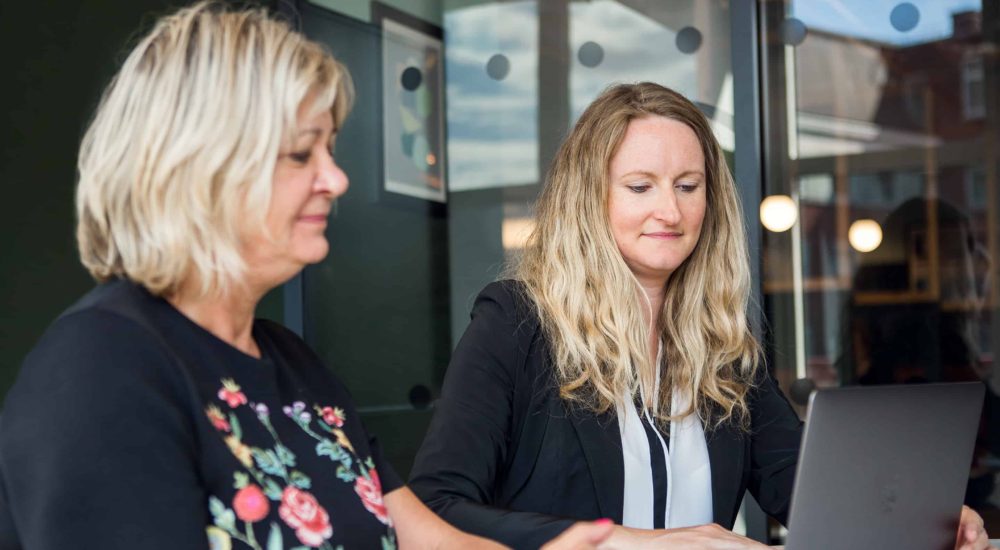We all know how important a mentor can be to a fledgling professional at the start of their career. Now, in an age characterised by fast-paced technological advancements and cultural shifts, leaders are recognising the potential that lies within reverse mentoring.
Championed by General Electric CEO Jack Welch in 1999, reverse mentoring has since been adopted and implemented by a myriad of business leaders seeking to leverage the technical know-how of younger workers. But how exactly does it work, and what can businesses gain from this practice?
A two-way street
As the name suggests, reverse mentoring flips the traditional mentoring relationship on its head: instead of a well-seasoned professional taking a bright-eyed and bushy-tailed youngster under their wing, the young employee acts as the mentor, shedding light on the complexities of the technology they were raised with.
Although reverse mentoring exists in the first instance to equip the seniors with new knowledge, it can equally open mentors up to new ways of tackling challenges previously unexplored.
In this respect, reverse mentoring can prove beneficial in more ways than one:
Empowering emerging leaders
In mentoring someone more senior than them, young employees are effectively enrolling in leadership development training without even knowing it. Having been given the authority to teach an experienced member of staff, they are free to practice their teaching skills and grow their confidence: from here, existing leaders can spot those with the potential to take the reigns later down the line.
By giving everyone an equal chance to develop their ability to lead, executives can’t be accused of only nurturing those with particular personality traits.
Closing the knowledge gap
Whether you like it or not, the next generation will arrive into the workplace with knowledge of a new process or technology that you will need training to master.
Argue all you like: most millennials used to laugh at their parents’ attempt to be “down with the kids” on social media. Today, many of these so-called dinosaurs are now harnessing the power of social platforms to promote their business and connect with key contacts. They say you can’t teach an old dog new tricks: ‘they’ clearly never tried using puppies.
Reverse mentoring gives a young employee the chance to gain valuable insight into the practices of the business by someone who has been there, done that and worn the T-shirt for the last twenty years. Likewise, an older employee may learn new tips and tricks on the latest technology that will boost their ability to connect with clients and colleagues alike.
Bridging the generational divide
It’s natural for people of the same age bracket to fall into the same friendship groups at work, but in many cases, businesses suffer from a distinct social division, between workers of the Baby Boomer generation and millennial staff. Implementing multi-generational mentor relationships can help to combat the “us vs. them” mentality that can easily creep into a large organisation. The more communication between generations, the better: rather than being at war with each other, staff will see interactions with older or younger members of staff as a chance to learn something new.
Implementing reverse mentoring
In a reverse mentoring relationship, both parties must be fully committed and have a willingness to learn from each other. Otherwise, there’s little point in the exercise: both the older and the younger employee will leave feeling even more cynical about the divide between the two.
In order for both the mentor and the mentee to gain value from the experience, they must be open to new ideas and able to overcome differences in communication styles. Only then will the organisation as a whole begin to reap the benefits of a positive learning culture.
Our Founder & CEO, Suki Sandhu, is also the Founder & CEO of INvolve, a membership organisation that values reverse mentoring. See their interview with Dr Neil Bentley who has found mentoring to be a unique and valuable experience, both to him personally and to his business. For more information on INvolve, get in touch with them.
